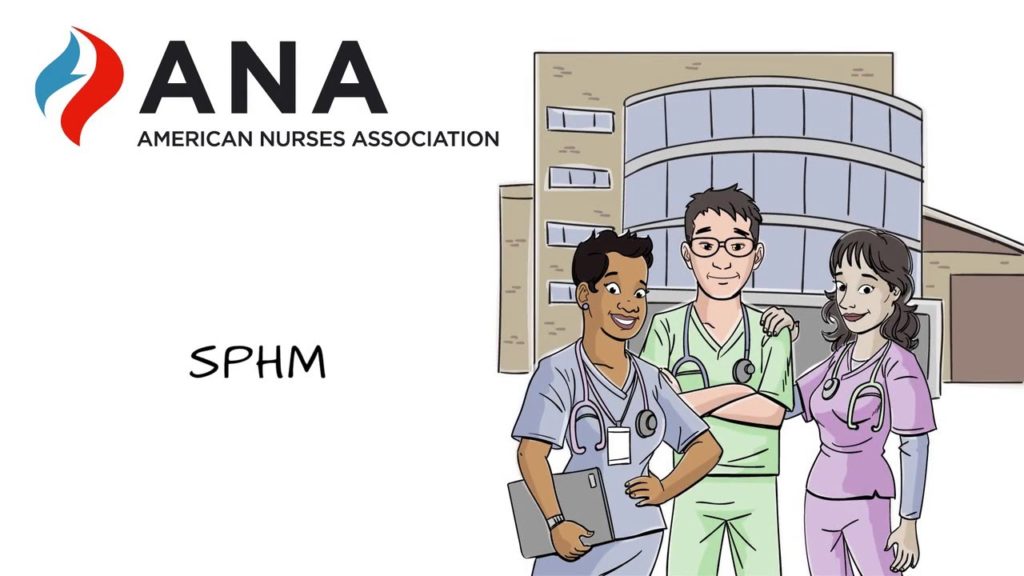Individual Development, Leadership / Management, Nurse News, Nursing Initiative, Technology
While there are many opportunities for nurses to meet the needs of vulnerable populations, incorporate the social determinants of health, and speed the pace of
Pre-Licensure Nursing Student
Considering a career as a registered nurse? If so, you would enter one of the most in-demand, diverse and rewarding careers available for men and women. The work is challenging, but incredibly fulfilling. From hospitals, to outpatient settings, to academia, to helicopters, to camps and cruise ships, your employment possibilities are almost endless!
Registered Nurse
A career as an RN engages an individual’s mental, emotional and physical strengths, which can lead to extraordinary personal and professional growth. The work is challenging, but it is incredibly fulfilling. Almost 4 million men and women in the US can attest to the tremendous pride and satisfaction that come from being an RN.
Advanced Practice Registered Nurse
If you like clinical challenges, you can build on your RN knowledge and consider becoming an APRN or Advanced Practice Registered Nurse. APRNs include certified nurse practitioners, certified nurse midwives, clinical nurse specialists, and certified registered nurse anesthetists. In addition to a roll you will also focus in at least one of the six populations (family/across the life span, adult-gerontology, women’s health, pediatrics, neonatal or psychiatric-mental health.)
Nurse Educator
If you take pleasure in teaching nurses new concepts and skills and derive job satisfaction from helping them learn and grow, then a career as a Nurse Educator might be for you. There are many possible avenues to consider. Nurse Educators work in both clinical settings and in academic settings.
Doctorate in Nursing Practice
A DNP is an advanced degree for nurses looking to pursue doctoral-level graduate education. The aim of DNP program is nursing practice, while the focus of a nursing PhD program is research, most often in an academic setting. When you earn a DNP, you can translate research into evidence-based practice in a clinical setting. In contrast, nurses with a PhD are prepared to plan, carry out, and evaluate the outcomes of nursing research.
Nurse Manager
A Nurse Manager holds a dynamic leadership position that’s crucial to the success of a unit, program, or department. Your primary role is to inspire and motivate staff to achieve high-quality professional and patient-centered outcomes. That means fostering a safe and healthy care environment for employees, patients and visitors.
Nurse Leadership
If you enjoy the challenges and the satisfaction that come from bringing people together, setting a high bar for excellence, and creating a professionally rewarding workplace culture, then consider a role as a Nurse Leader. You would provide vision, perspective, accountability, and expertise to support quality patient care and a safe, healthy work environment. Our profession relies on nursing leaders of all levels to plan, navigate challenges, and forge a path forward in a rapidly changing health care system.
Director of Nursing
Becoming a Director of Nursing (DON) can offer you a unique opportunity to learn and grow in a dynamic, advanced nursing leadership role. You’ll find that the responsibilities are as diverse as there are job descriptions and workplace structures. In comparison to a Nurse Manager role, the DON usually has a much broader scope of responsibility and oversees multiple nursing units, programs or departments. That includes supervising manager performance and assuring that organizational goals and quality outcomes are being met.
Chief Nursing Officer
Becoming a Chief Nursing Officer (CNO) or Chief Nursing Executive (CNE) is a dynamic and rewarding career choice, but also a very challenging one. A CNO is accountable for overall professional nursing practice across a health care organization. Large or complex health care systems may also have a CNE as a separate, top-ranked nursing position in the leadership hierarchy.
Team Professional Development
According to ANCC’s white paper, How Professional Development Retains More Nurses, employer-provided development initiatives can positively impact job satisfaction, loyalty, tenure, and retention among nurses.
Certification
Certification, as defined by the American Board of Nursing Specialties (ABNS), is the formal recognition of the specialized knowledge, skills, and experience demonstrated by the achievement of standards identified by a nursing specialty to promote optimal health outcomes.
Continuing Education
Furthering your education often means more opportunity, higher salary, and greater flexibility, so find the best option to start or advance your nursing career today. Take your nursing to the next level with thousands of online courses, webinars, workshops, publications, and reference tools.























